5 Nutrients Most Diets are Missing
You’ve likely heard what it means to ‘eat clean;’ filling your plate each day with more real foods and fewer processed ones. Choosing fruits & vegetables, healthy fats, and quality proteins over packaged goods.
But, even when we approach our diets with the best intentions, we’re sometimes still not getting enough of some of the essential nutrients that your body thrives on. Once you add daily physical activity to the mix, incorporating a daily multi or additional specific supplements becomes even more important.
Supplements help fill in the nutritional gaps from your otherwise healthy diet and can help your body function at optimal levels. Below are five nutrients most diets are missing and that you could potentially benefit from a daily boost of.
5 Nutrients Most Diets Are Missing
Magnesium
Magnesium helps keep the blood flowing in your body and getting enough magnesium can help aid in muscle recovery, and help promote a more restful night’s sleep. Magnesium is also key for helping to balance calcium levels in the body (at a cellular level). We recommend including magnesium as part of your supplement routine thanks to its capacity to:
- Help to relax your nervous system
- Play a role in muscle relaxation
- Promote more restorative sleep
Calcium
As noted above, calcium and magnesium go hand in hand, and the body needs calcium to maintain strong bones and teeth. The body also relies on calcium to help release hormones and enzymes and to move blood freely through blood vessels. As we get older our need for calcium increases (especially in women). Including a calcium supplement in your diet can help support:
- Skeletal structure and function (bones and teeth!)
- Muscle contraction
- Nerve function
Vitamin D
Vitamin D is responsible for maintaining strong bones and does so by helping the body absorb calcium from the diet. Muscles and nerves also rely on adequate levels of Vitamin D in the body. Our best natural source of vitamin D is the sun, but limiting sun exposure to protect skin is also important for our health. Therefore, you’re likely low in vitamin D if you keep skin covered, wear sunscreen or live in a region that experiences colder weather for half the year. Include vitamin D to support your body with:
- Bone health
- Immune function
- Optimal calcium absorption from food
- Inflammation reduction
Omega-3 Essential Fatty Acid
Omega-3 in addition to omega-6 are known as “essential fatty acids” (EFAs) meaning our body requires them, but they can only be obtained through our diet. We ideally need a balance of omega-3 to omega-6 EFAs; however, our diets are typically omega-6 heavy and therefore an omega-3 supplement helps to balance us out. Why omega-3s? They are a starting point for producing hormones in our body that help regulates blood flow, and support cardiovascular function and brain health. Adding more omega 3 into your diet supports:
- Reduced cardiovascular risk factors, including heart disease
- Brain health
- Optimal immune function
Vitamin B12
Vitamin B12 keeps nerve and blood cells happy, B12 is found naturally in animal-based foods including meat, eggs, and milk products. If you follow a plant-based diet (or eat a predominantly plant-based), you have even greater reason to include a B12 supplement into your daily routine. We like the form of B12 known as methylcobalamin since it’s the more active form and the one found in our foods. Include B12 to help:
- Maintain energy levels
- Support mood
- Promote brain health and nerve function
Whether you’re looking to support general health, improve your performance or support a faster recovery, addressing nutrient gaps in your diet and supplementing accordingly should be a part of your foundational nutrition plan. For help on determining a supplement plan that is right for you visit your local Reflex Supplements store. Got a nutritional question you need help with? Hit us up on Facebook, Instagram or Twitter. We are #ReflexNation.
References:
Disclaimer: This article is for information purposes only. Before starting any supplement regime it is advised to check in with your healthcare practitioner.





